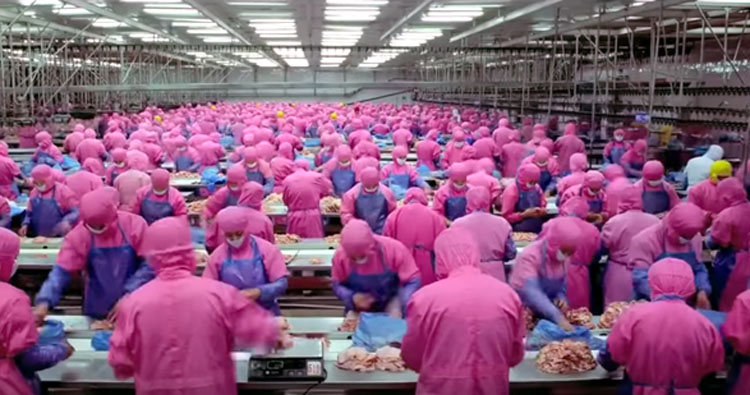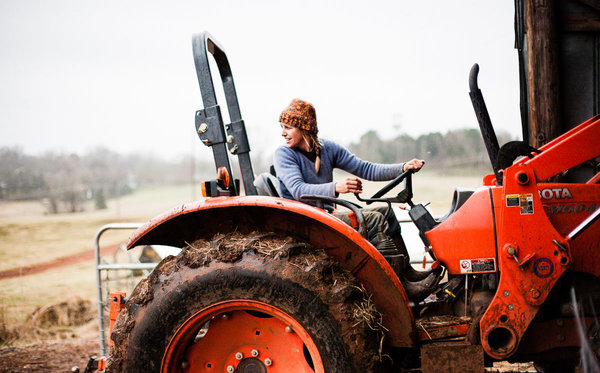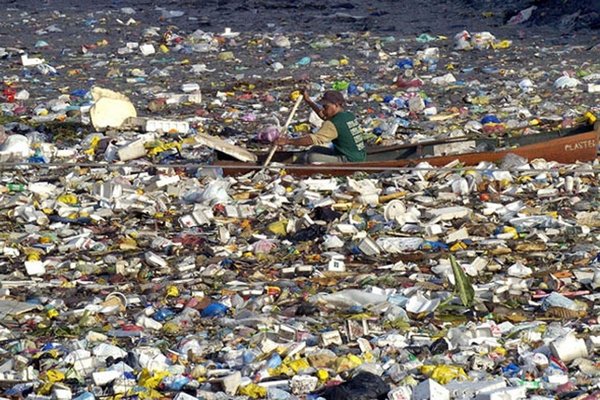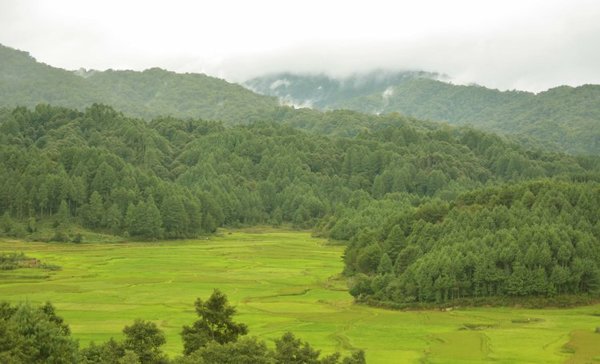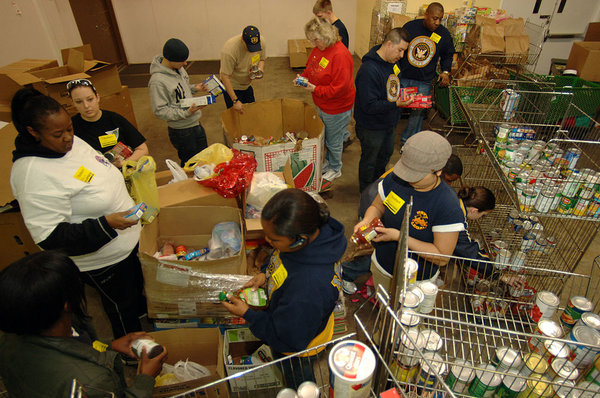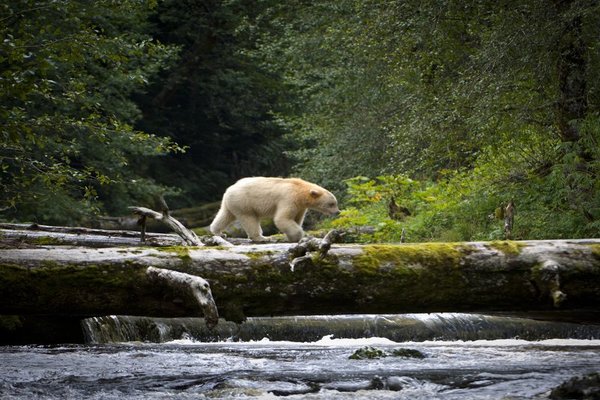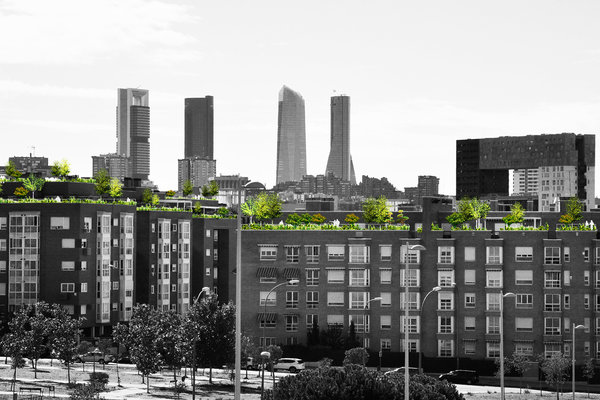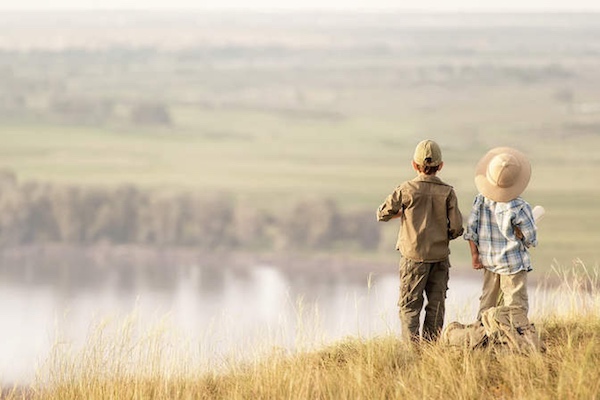Oscar-winning actor Leonardo DiCaprio has advocated for a number of worthy causes, from fighting climate change to the importance of conservation. Now, with a single tweet, the planetary steward shines a light on the colossal environmental impact of animal agriculture.
Continue reading... →Audra Mulkern writes and photographs “The Female Farmer Project” — a chronicle of in-depth stories about the rise of women working in agriculture across the country and around the world.
Continue reading... →If we continue as “business as usual”, there will be more plastic than fish in the ocean by 2050, as stated in a report from the Ellen MacArthur Foundation published Tuesday. To combat this projection, the report also recommends applying “circular economy principles” to global plastic packaging flows, which could “transform the plastics economy and drastically reduce negative externalities such as leakage into oceans,”.
Continue reading... →The Apatani tribe in Arunachal Pradesh is known for its paddy cum fish agriculture. They practice this as well as other sustainable water management techniques that allow them to coexist and thrive.
Continue reading... →The sheer volume of food waste is disturbing, especially in a world where food insecurity and starvation is a reality for many. Not to mention the environmental impact of wasted food ending up in landfills where it decomposes and produces methane gas leading to increased global warming. Many of us treat all printed expiration dates as though they’re ‘use-by’ dates and this leads to good food ending up in the bin. Use-by and best before dates, learn the difference between them.
Continue reading... →A landmark deal 10 years in the making will protect 9.1 millions acres of Canadian rain forest on the Pacific Coast of British Columbia. The new land-use order — reached between aboriginal groups known as First Nations, environmental groups and logging companies — designates 85 percent of the forest land as permanently protected from logging.
Continue reading... →The city of Madrid, Spain is spending millions to expand existing parks, while covering as many roofs and walls as possible with greenery in order to decrease rising summer temperatures in the city. Twenty-two vacant lots will also be turned into urban gardens while paved squares will become parks that can suck up rainfall. Planting gardens on roofs, and adding plants on outdoor walls, helps insulate buildings so they can save energy, and helps reduce street noise. But it also helps bring down local temperatures by shading pavement and by releasing evaporated water that can create clouds.
Continue reading... →Presenting scientific research and his own observations in highly anthropomorphic terms, the matter-of-fact Mr. Wohlleben has delighted readers and talk-show audiences alike with the news — long known to biologists — that trees in the forest are social beings. They can count, learn and remember; nurse sick neighbors; warn each other of danger by sending electrical signals across a fungal network known as the “Wood Wide Web”; and, for reasons unknown, keep the ancient stumps of long-felled companions alive for centuries by feeding them a sugar solution through their roots.
Continue reading... →